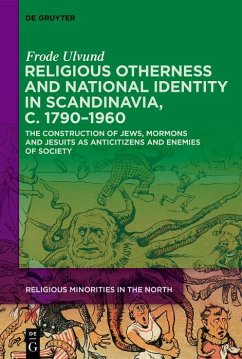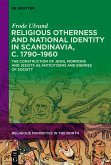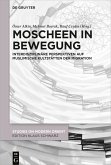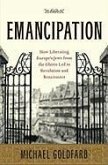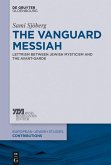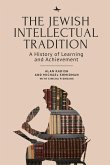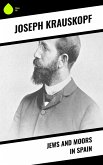The author discusses how religious groups, especially Jews, Mormons and Jesuits, were labeled as foreign and constructed as political, moral and national threats in Scandinavia in different periods between c. 1790 and 1960. Key questions are who articulated such opinions, how was the threat depicted, and to what extent did it influence state policies towards these groups. A special focus is given to Norway, because the Constitution of 1814 included a ban against Jews (repelled in 1851) and Jesuits (repelled in 1956), and because Mormons were denied the status of a legal religion until freedom of religion was codified in the Constitution in 1964. The author emphasizes how the construction of religious minorities as perils of society influenced the definition of national identities in all Scandinavia, from the late 18th Century until well after WWII. The argument is that Jews, Mormons and Jesuits all were constructed as "anti-citizens", as opposites of what it meant to be "good" citizens of the nation. The discourse that framed the need for national protection against foreign religious groups was transboundary. Consequently, transnational stereotypes contributed significantly in defining national identities.
Dieser Download kann aus rechtlichen Gründen nur mit Rechnungsadresse in A, B, BG, CY, CZ, D, DK, EW, E, FIN, F, GR, HR, H, IRL, I, LT, L, LR, M, NL, PL, P, R, S, SLO, SK ausgeliefert werden.

